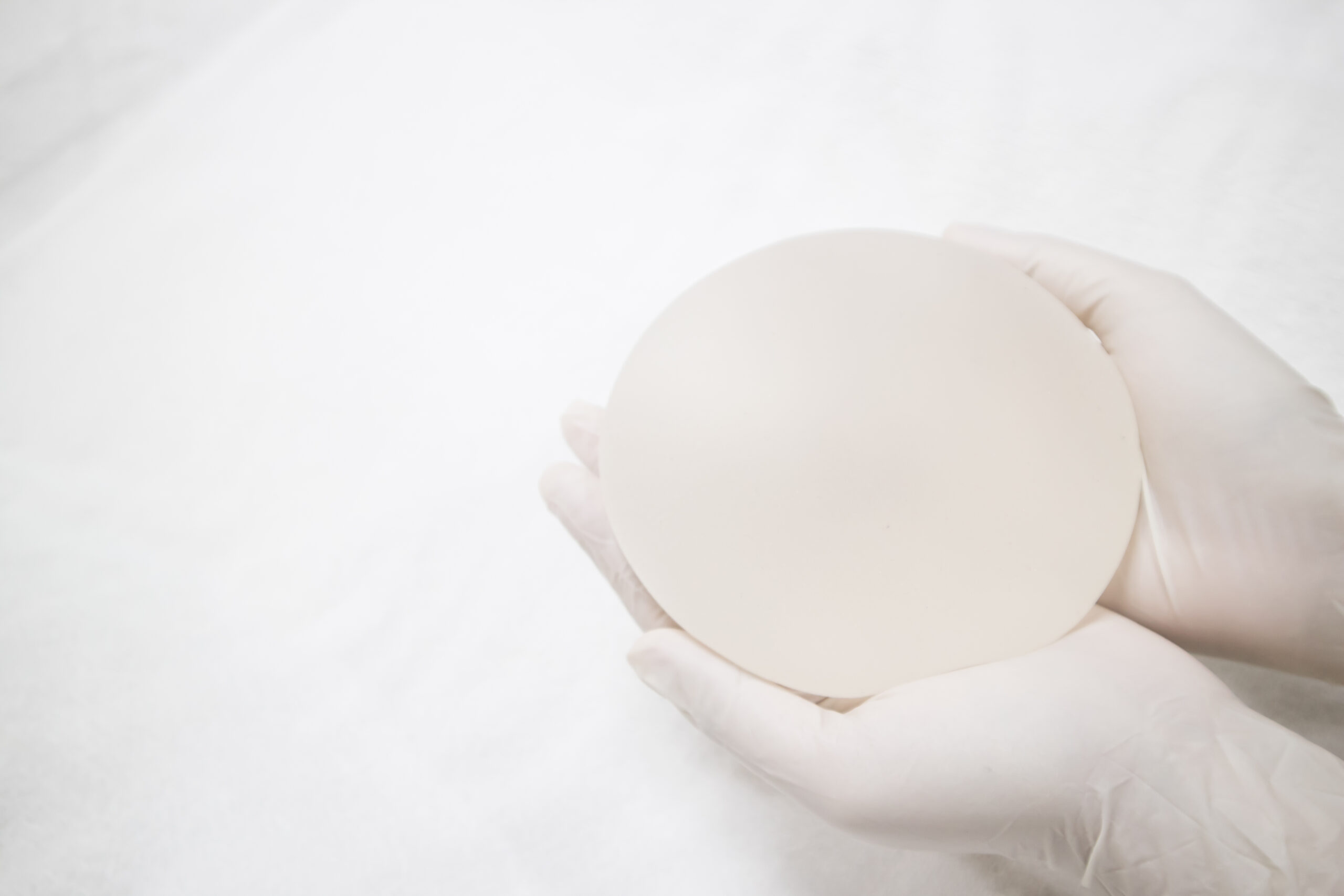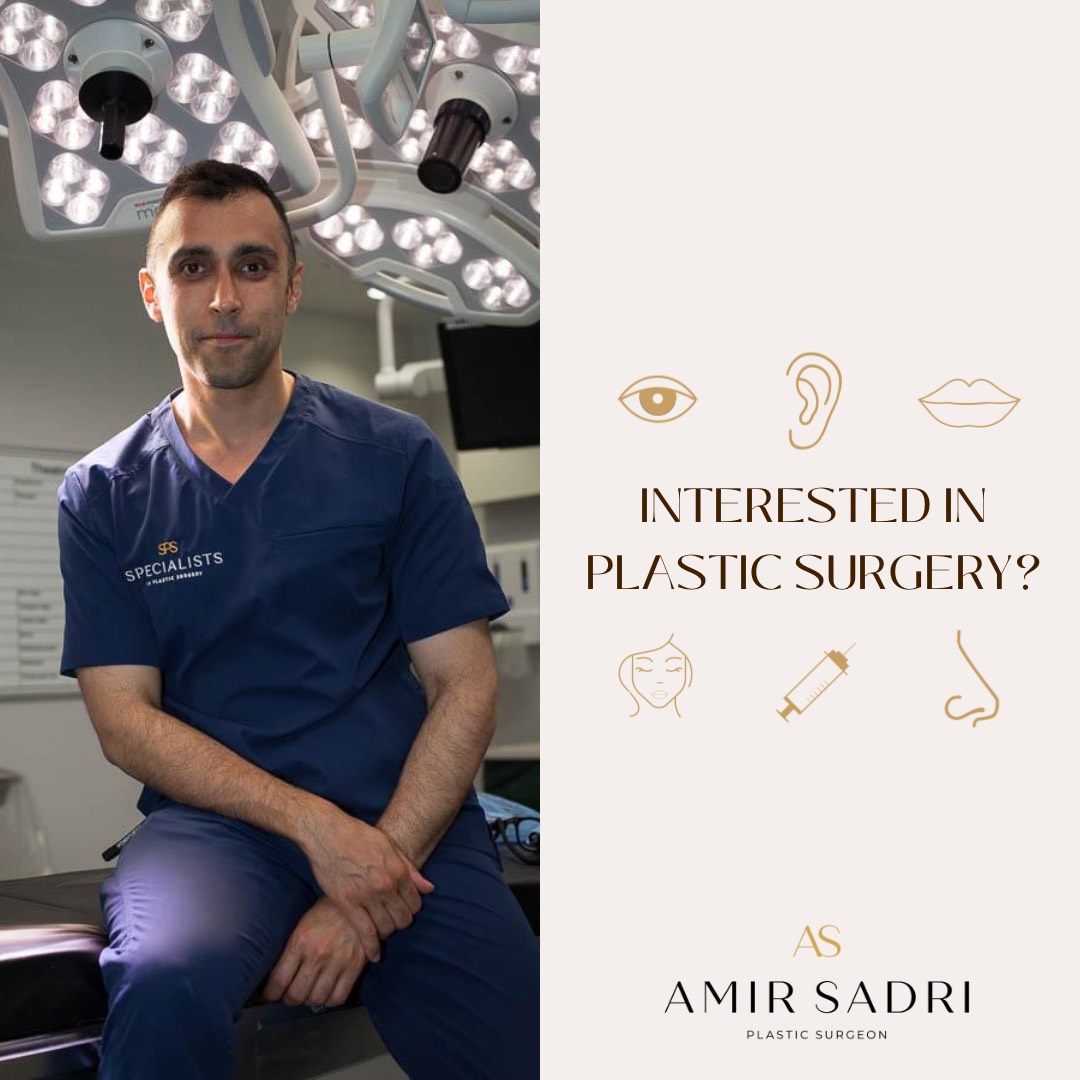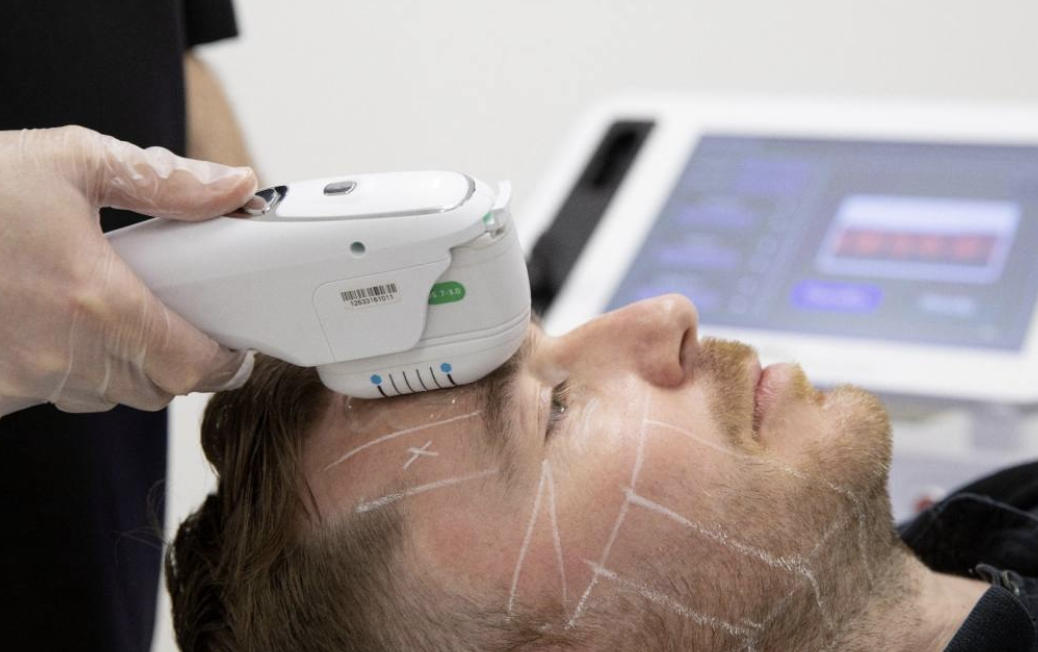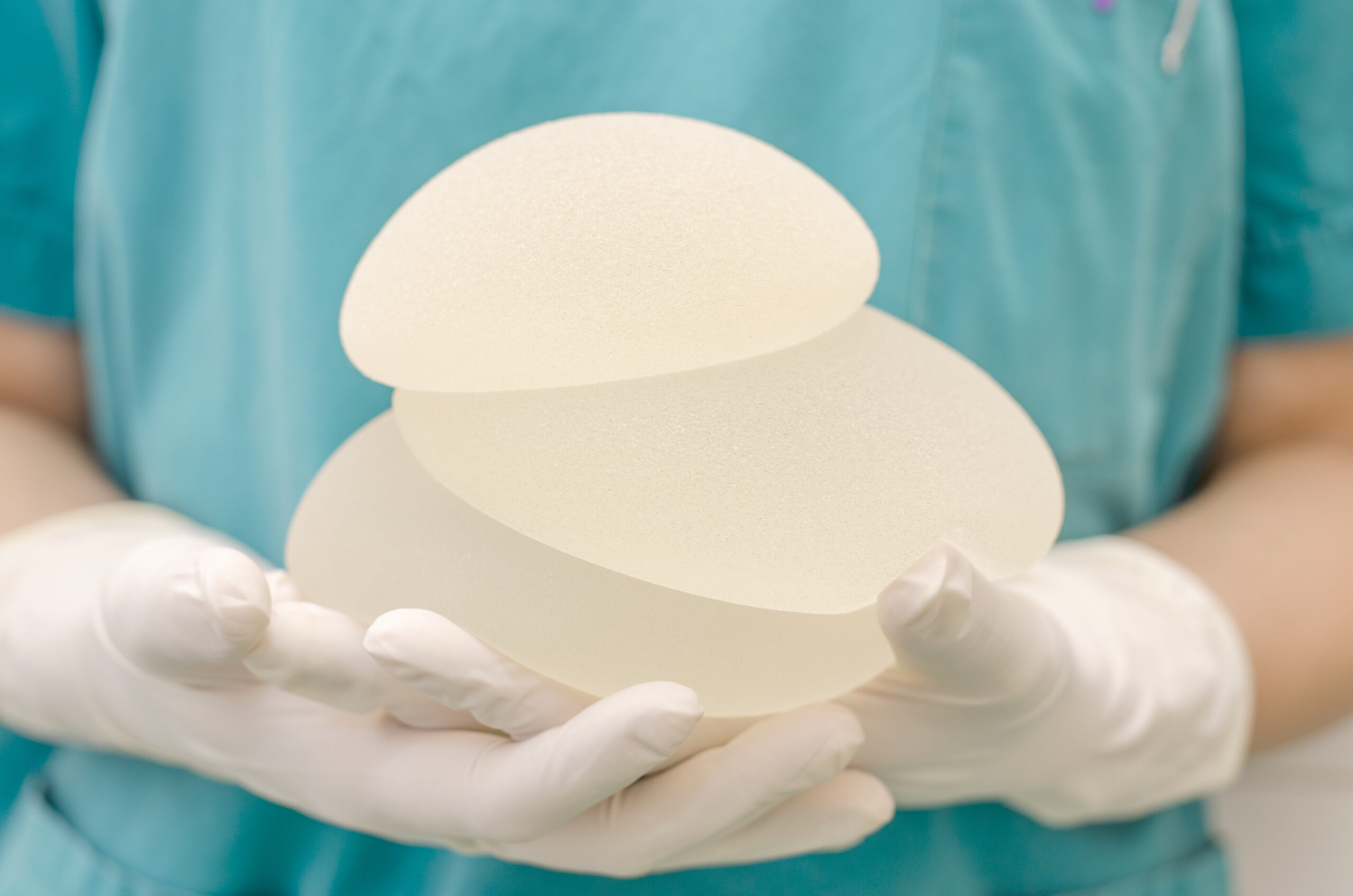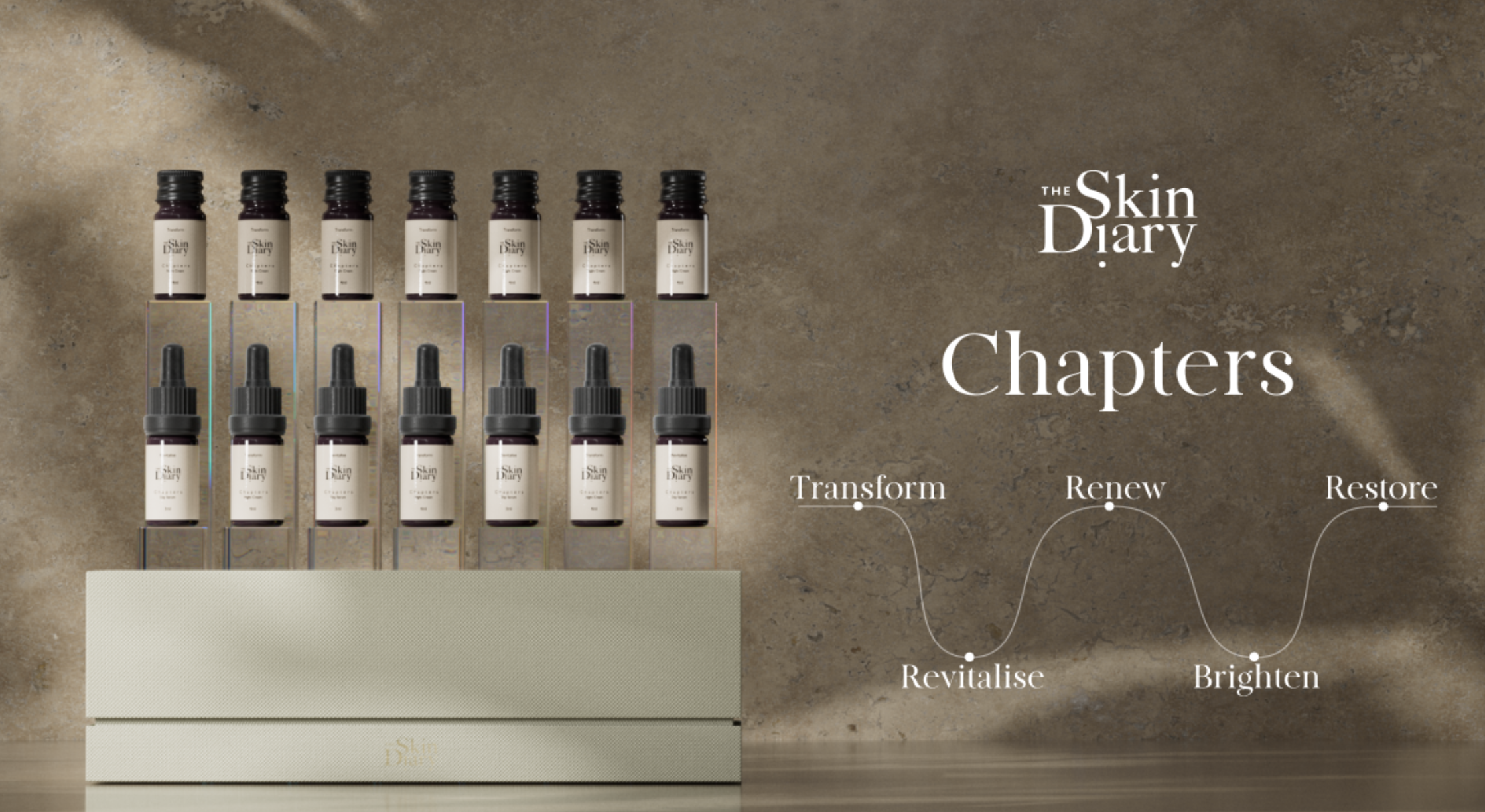Industry Expert
Understanding 3D HIFU: A Revolutionary Skincare Treatment
In the world of aesthetic dermatology, innovative treatments are continuously surfacing, offering new potential for achieving youthful, radiant skin. Among these advancements, 3D HIFU...
Dr. Aadil Khan and Paul Harris: The Best Breast Surgeons in London
When it comes to breast surgery, choosing a highly skilled and experienced surgeon is crucial for achieving safe and satisfying results. Dr. Aadil Khan...
Understanding the Different Areas of Digital Marketing
In today’s digital age, marketing strategies have evolved to encompass a variety of online platforms and tools designed to reach and engage audiences effectively....
Understanding the Different Types of Digital Marketing
Digital marketing has revolutionized the way businesses connect with their audience. With an ever-evolving digital landscape, understanding the various types of digital marketing is...
Marketing in the Digital Age
Marketing has evolved dramatically in the digital era, where businesses must adapt to stay competitive. Key components such as Search Engine Optimization (SEO), Public...
Understanding the Different Aspects of Marketing
Marketing is a multifaceted discipline that integrates various strategies and techniques to effectively reach and engage target audiences. The primary aspects of marketing can...
The Skin Diary
The Skin Diary, a leading authority in personalised, dermatologist-designed skincare, is delighted to announce the expansion of its successful affiliation program. This program welcomes...
Attract and Convert: Top Tactics for Generating Leads in Your Aesthetic Business
Feeling stagnant with your current clientele? Fear not, beauty boss! By implementing a few strategic moves, you can attract a steady stream of new...
Marketing for medical clinics
Marketing for medical clinics is an essential strategy that ensures the sustainability and growth of healthcare services within communities. As the healthcare landscape becomes...
Best Face & Necklift Surgeon London
Dr. Amir Sadri, an esteemed cosmetic surgeon based in London, offers state-of-the-art face and neck lift procedures aimed at rejuvenating your appearance and restoring...



